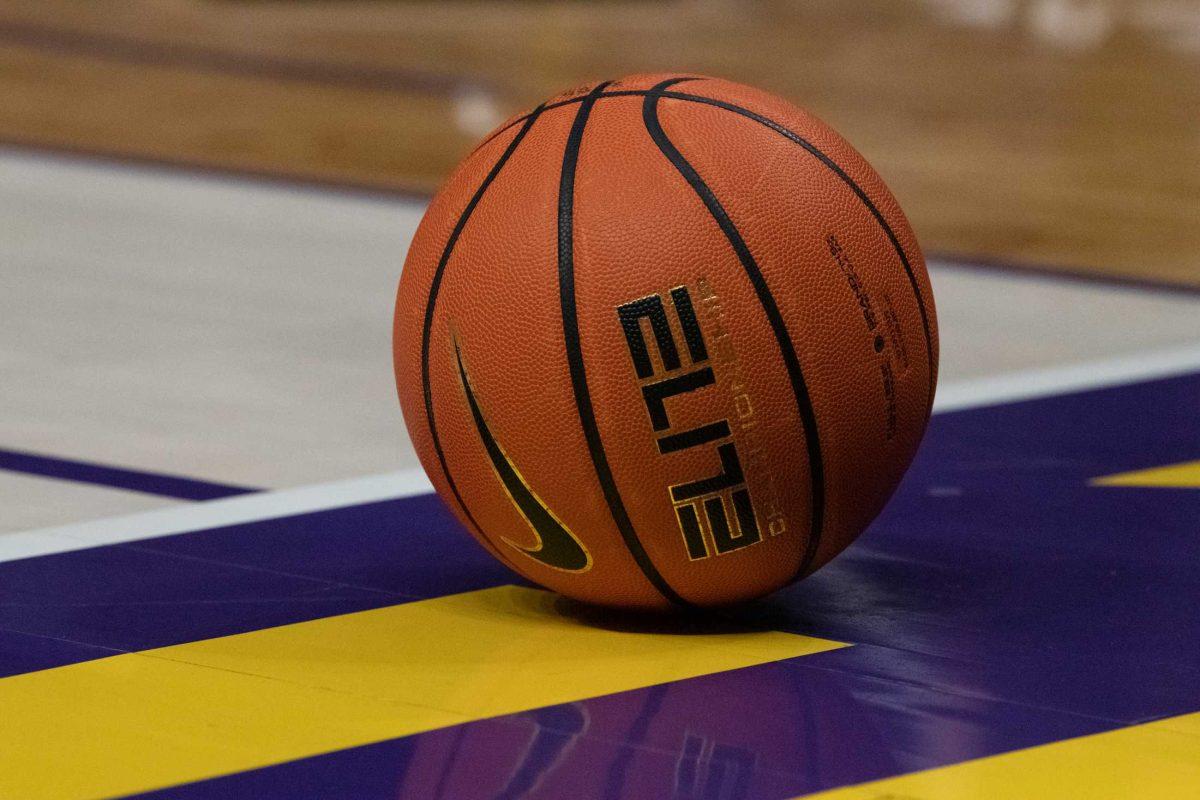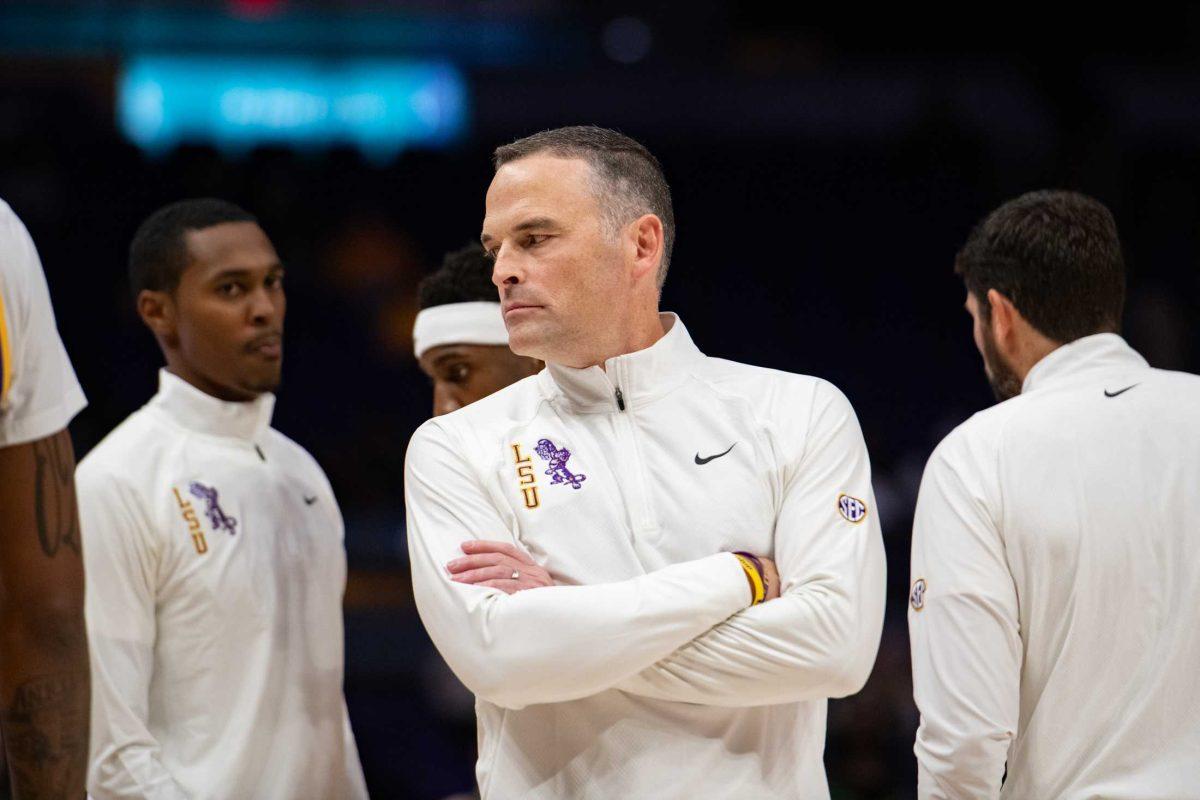We are now less than a month away from March Madness, which means the next few weeks of college basketball should feature copious amounts of drama. While many teams are already projected as clear locks to make the tournament, there are still plenty that need a lot to go right to scrape in.
In the Southeastern Conference’s case, there are just two teams that are guaranteed a spot while the rest of the conference is either surrounding the bubble or already looking forward to next season. While the SEC won’t enter the tournament with the same firepower as last year in terms of championship potential, there’s still a realistic chance the conference outdoes itself this season.
Despite entering last season’s tournament with six teams seeded six and above, just one team from the conference got past the Round of 32 in Arkansas.
This season, the SEC’s two best chances at securing its first championship since 2012 are with Alabama and Tennessee. This article focuses exclusively on these two teams, with one focused on the conference’s bubble teams coming soon.
Tennessee
The Volunteers are one of the trickier teams to analyze heading into this tournament, which is why this excerpt is as long as it is. All stats used in this analysis come from teamrankings.com, which only analyzes matchups between Division I schools.
Following a rough 11-day span where they lost three of four games to unranked teams (Florida, Vanderbilt and Missouri), they bounced back to obtain their biggest win of the season over No. 1 Alabama, their first regular season win over a No. 1 team since 2018.
If the saying “defense wins championships” holds true, Tennessee is in great shape, sporting the best defense in the country based on defensive efficiency. For context, No. 5 Kansas and Alabama have had three combined games where they failed to put up more than 60 points. Two of those came against the Vols.
On the offensive side of the ball, they do possess a few flaws. It places in the bottom half of the country in all shooting categories except free-throw percentage, including effective field-goal percentage, three-point percentage and two-point percentage. However, it combats its weaknesses shooting the ball with one of the best offensive rebounding units in the country, placing in the top-five in both overall offensive rebounds per game and offensive rebounding rate.
This is incredibly effective, placing Tennessee in the top-100 in offensive efficiency and top-10 in effective possession ratio, a stat that takes into account how many shot opportunities a team produces for itself per possession.
Basically, its defense is incredible, and its offense is flawed but not a category that holds it back.
The Volunteers have been consistent against the better teams they’ve faced, possessing a 6-2 record in Quad 1 scenarios, including wins over Alabama, Kansas and No. 6 Texas. But its recent struggles against lower Quad 1 and upper Quad 2 teams and a 3-4 overall record against Quad 2 could make it prone to an early-round exit.
When it comes to analytical factors, teams that rank highly in categories total rebounding rate and/or opponent effective field-goal percentage tend to fare well against Tennessee. Colorado and Arizona place in the top-50 in both categories, and Florida and Kentucky place in the top-15 in one or the other, which accounts for four of its six losses. It also struggled against USC, Maryland and Auburn, who rank No. 31 or higher in opponent effective field-goal percentage.
As it stands, the Volunteers are currently projected as a three-seed heading into the last few weeks of the regular season. I personally could see them going far, but with the team being positioned in Houston’s region, I don’t see it getting out of the Elite 8. I would also stress heavily analyzing their second-round matchup, as it did get eliminated in last season’s Round of 32.
Its next five games, four of which are Quad 1 matchups, are worth keeping an eye on, along with their performance in the SEC tournament.
Alabama
Ahead of them, the Crimson Tide currently occupy the No. 1 overall seed in the NCAA tournament despite their loss on Wednesday. Barring nothing cataclysmic occurs in the upcoming weeks, they should at least maintain a one-seed given their track record.
Prior to its loss on Wednesday, Alabama had won its first 12 SEC games and suffered just three losses outside of conference play. Its array of four losses includes three losses against teams ranked No. 20 and above (No. 10 Tennessee, No. 13 Gonzaga and No. 20 UConn) and a stand-alone bad loss to Oklahoma.
It’s worth noting that against the four best defenses its faced (Tennessee, Houston, Mississippi State and UConn), it struggled, averaging a point differential of –0.8 and dropping two games. It also struggled against some of the better shooting teams its faced, with Gonzaga, Oklahoma and Memphis (who it beat by three) all sitting in the top 60 in effective field-goal percentage and either keptpace with the Crimson or outpaced them.
However, their dominance can’t be overlooked.
They’re arguably one of the best teams in the country in close-game scenarios, winning all four of their games decided by six points or less and going 8-2 in games decided by 10 or less. They have a strong defense that compliments one of the best scoring offenses in the country, placing in the top-10 in defensive efficiency and points per game. They have also dropped zero games outside of Quad 1 and have prospered against the toughest schedule in the country.
They have one of the best players in the country on their roster in forward Brandon Miller, who’s averaging 18.7 points and 8.2 rebounds per game while shooting 45.2% from the field and 42.5% from three, along with five other players that shoot over 34% from three. They possess little weakness and should be considered when determining who you want to win your bracket.









